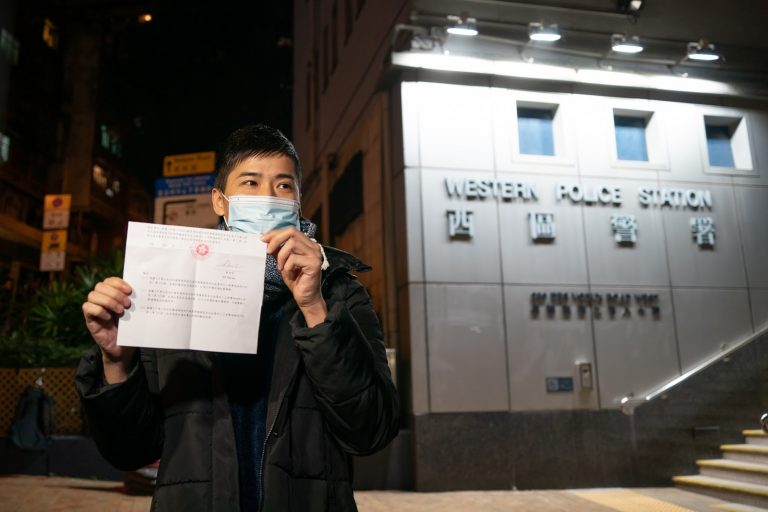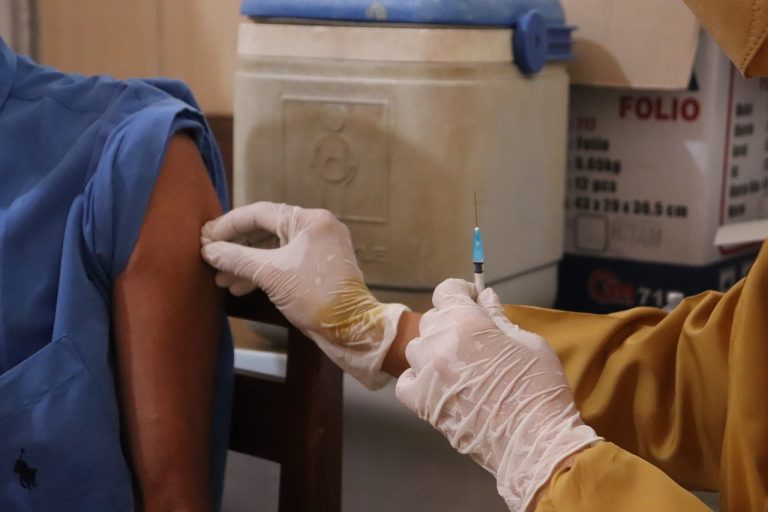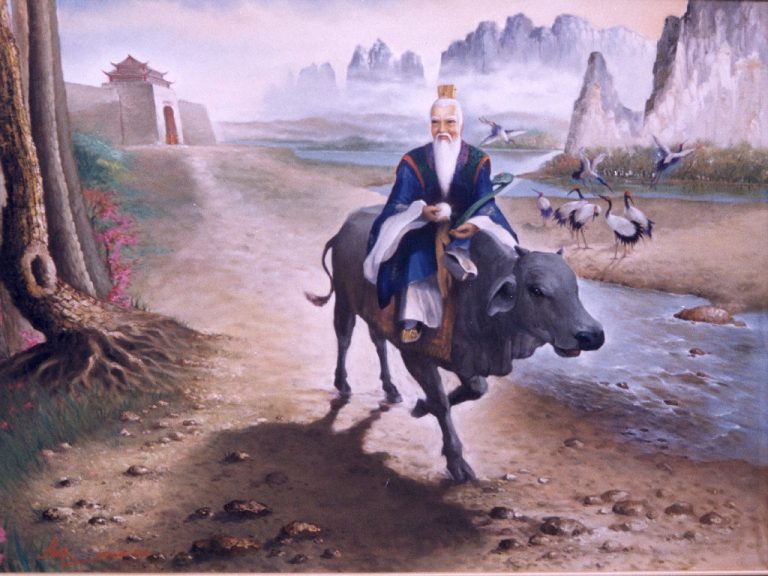Secretaries of State from Australia, Canada, the United Kingdom, and the United States signed a joint letter on Jan. 9 condemning the arrest of 55 pro-democracy activists in Hong Kong on charges of violating Communist China’s controversial national security law.
“The National Security Law is a clear breach of the Sino-British Joint Declaration and undermines the ‘One Country, Two Systems’ framework. It has curtailed the rights and freedoms of the people of Hong Kong. It is clear that the National Security Law is being used to eliminate dissent and opposing political views,” the letter said.
Among the arrested was American human rights lawyer John Clancey. Footage of his arrest circulated on Twitter showing him walking with a cane and telling reporters when asked for comment: “Continue to work for democracy and human rights in Hong Kong.”
Footage of American lawyer John Clancey’s arrest in Hong Kong (fwiw it sounds like he says “Continue to work for democracy and human rights in Hong Kong.”) https://t.co/0yurWPXlJ8
— Austin Ramzy (@austinramzy) January 6, 2021
Clancey was the Treasurer for the group Power for Democracy, who was involved in unofficial primary elections held last year that attracted more than 600,000 voters.
Canadian Conservative Party Shadow Foreign Affairs Minister Michael Chong called for Magnitsky Act sanctions on those responsible for the arrests, calling them “an assault on democratic rights.”
The mass arrests of pro-democracy activists in Hong Kong is an assault on democratic rights. Conservatives stand with the people of Hong Kong & against Beijing’s continuing crackdown.
— Michael Chong ?? (@MichaelChongMP) January 6, 2021
It’s time to apply Magnitsky sanctions on those responsible.https://t.co/ICHCl4h36Y#cdnpoli
Success
You are now signed up for our newsletter
Success
Check your email to complete sign up
Canadian pro-democracy group Alliance Hong Kong also called for sanctions on Chinese and Hong Kong officials involved in the arrests, but went one step forward calling for a full reform of “Canada’s foreign policy on the Chinese Communist Party [CCP] and the People’s Republic of China — including domestic policy changes that prioritizes the protection of Canadians’ fundamental freedom from erosion.”
Alliance Hong Kong also wants the Canadian government to “proactively combat and investigate Chinese Communist Party interference in Canadian society and combat foreign interference into Canadian institutions.”
Hong Kong Security Minister John Lee used the unofficial primaries as the pretext to arrest the group: “The operation today targets the active elements who are suspected to be involved in the crime of overthrowing, or interfering (and) seriously destroy the Hong Kong government’s legal execution of duties,” Lee said at a press conference.
Police said they deployed 1,000 officers to arrest the 53 people, mostly men, ranging in age from 23 to 79.
CCP-backed Chief Executive Carrie Lam fired a prelude of things to come at the unofficial primary elections on July 13:
“I will just put down a further note of warning: if this so-called ‘primary’ election’s purpose is to achieve the ultimate goal of delivering what they call a ‘35+’ with the objective of objecting to, resisting every policy initiative of the Hong Kong SAR Government, then it may fall into the category of subverting the state power,” Lam told reporters.

Chairman of Hong Kong’s Civic Party Alan Leong said the arrests were an “affront to the constitutionally protected rights to vote,” adding: “We don’t see how by promising to exercise such rights could end them up as being subversive.”
Former lawmakers from the Civic Party and Democratic Party, such as Wu Chi-wai, James To, Andrew Wan, Lam Cheuk-ting, and Alvin Yeung, were arrested in the sweep.
Under the National Security Law, which vaguely defines crimes such as subversion of the state and secession, charges can meet with a maximum penalty of life imprisonment. Police have frozen 1.6 million HKD (Approx. US$205,000) in relation to the case.
President-elect Joe Biden’s pick for Secretary of State Anthony Blinken described the arrests as “an assault on those bravely advocating for universal rights” on Twitter and affirmed that the Biden-Harris administration will “will stand with the people of Hong Kong and against Beijing’s crackdown on democracy.”
The sweeping arrests of pro-democracy demonstrators are an assault on those bravely advocating for universal rights. The Biden-Harris administration will stand with the people of Hong Kong and against Beijing’s crackdown on democracy. https://t.co/nSj8dr3OEg
— Antony Blinken (@ABlinken) January 6, 2021
Human Rights Watch China Researcher Maya Wang denounced the National Security Law in a statement: “The very nature of the national security law is as a draconian blanket law allowing the government to arrest and potentially imprison people for long terms for exercising their constitutionally protected rights.”
Wang criticized Hong Kong’s government further, concerned that the city of nearly 7.5 million people was being ruled more like the CCP-controlled mainland: “The veneer of rule of law is also applied in mainland China stripped of any meaning. Hong Kong is looking more like mainland China but where one ends and the other begins is hard to discern.”
Follow us on Twitter or subscribe to our email list













